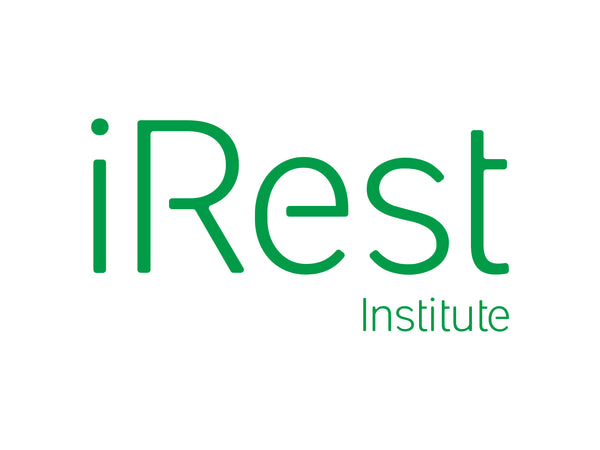
On Control: Navigating Ahead When You Feel Swept Away
Share
From the comfort of a meditation cushion, it can seem relatively easy to relax and release the illusion of control. Hey, we might think, I’m pretty good at this mindfulness thing. Out in the wider world, potentially faced with more daunting and immediate challenges, our calm wavers as we are thrust into the unknown.
Lately, a lot of us are navigating that unknown. The language of today’s headlines reveals trends: We call these times “unprecedented” and are plagued by “uncertainty.” Small businesses and individuals alike must “pivot” and stay agile in the face of adversity. “Fear” unsurprisingly has been measured as a top emotion surfacing in online news and conversations. An obvious correlation arises: We fear what we cannot control.
Moreover, when we attempt to control the inevitable, we can do harm to ourselves and others. It is worth discerning, then, the difference between what we can control and what we cannot. It is also worth cultivating coping skills to keep steady, come what may.
In a recent talk entitled “How to Live With Prolonged Uncertainty and Anticipatory Grief”, psychologist Esther Perel offered relevant perspective:
“You have two groups of people. You have those who have a strong sense of self-reliance and self-sufficiency. [The assumption is that] if they survive it’s because they took proper measures. But if they get sick, they only have themselves to blame.
On the other side are the people who accept ... that bad things do happen in life. You don’t control everything. You do the best you can with what’s in front of you. I think the people who will do the best right now are these people.”
A fundamental part of our survival, continues Perel, is emotional regulation. Identifying how we are feeling allows us to then decide what action might then be taken to make us feel more safe.
We at iRest couldn’t agree more—in fact, emotional regulation is central to our work. Some of the most powerful efforts you can take toward emotional regulation are reflected in the iRest 10-Step Protocol. A few of these include:
- Finding Your Inner Resource
- Becoming Aware of Your Breath
- Welcoming Your Feelings
We control very few matters in this great, wide world—but what we can influence turns out to be deeply meaningful. With a little (or a lot of) practice, we build our capacity to endure the trials of uncertainty, surrender to the unknown, and even enjoy the ride—and that is the power of iRest Yoga Nidra.
